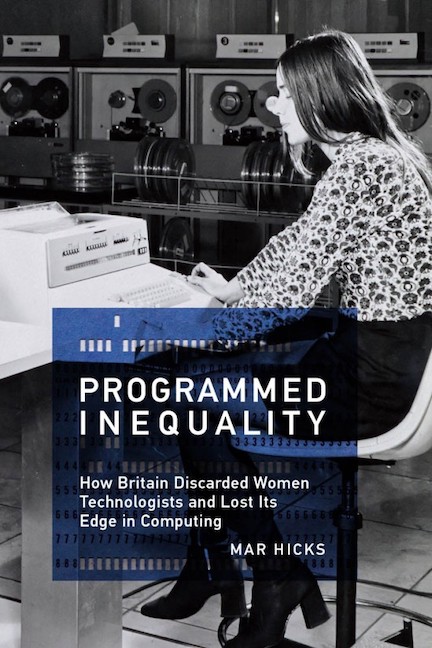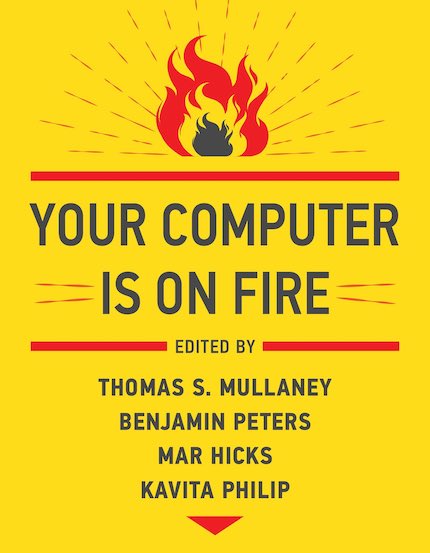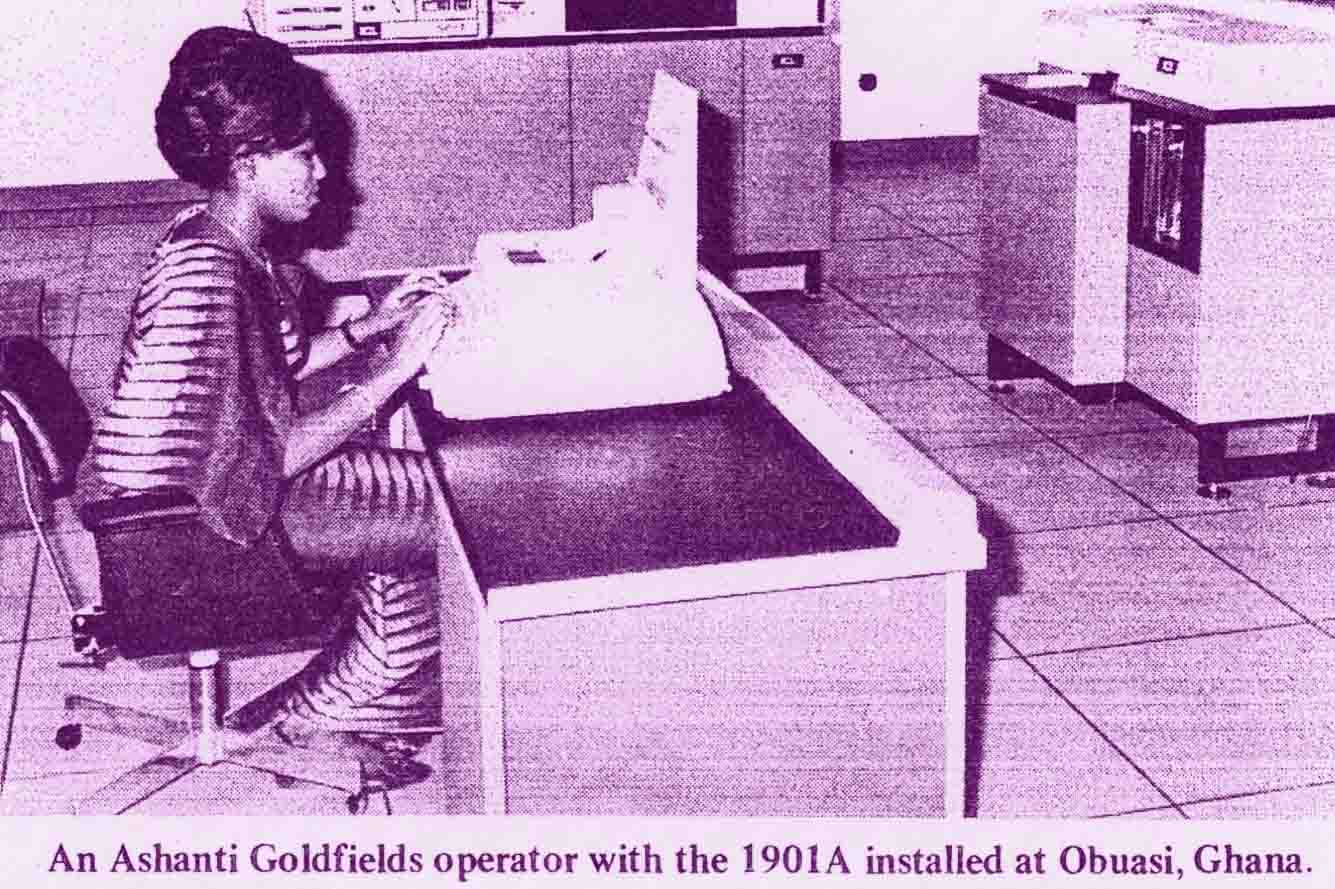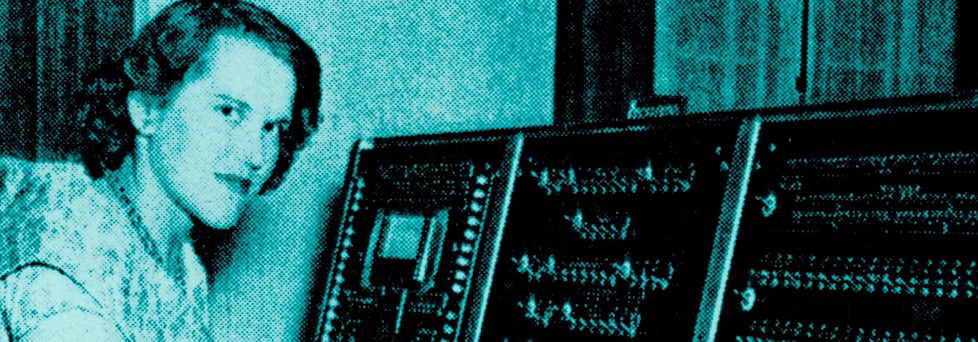 Hi. I'm a historian of technology who investigates how gender and sexuality change what we think we know about
technological progress and the global "computer revolution."
Hi. I'm a historian of technology who investigates how gender and sexuality change what we think we know about
technological progress and the global "computer revolution."
I am currently an Associate Professor at The University of Virginia's School of Data Science, in Charlottesville, where I do research and teach courses on the history of technology, computing and society, and the larger implications of powerful and widespread digital infrastructures.
My award-winning book, Programmed Inequality: How Britain Discarded Women Technologists and Lost Its Edge In Computing, investigates why the proportion of women declined as electronic computing matured, and how this labor situation had grave effects on the technological aspirations of that waning superpower. It shows what lessons this holds for other nations, especially the United States, and how history can help us make sense of the present and the future by focusing not just on technological success stories, but also stories of technological failure.
Margot Shetterly, author of Hidden Figures, has called it an "important lesson for scholars and policymakers seeking ways to improve inclusion in STEM fields." Maria Klawe, President of Harvey Mudd College and an expert on diversity in STEM, has described the book as "one of the best researched and most compelling examples of the negative impact of gender and class discrimination on a country's economy."

Programmed Inequality won the PROSE Award for History of Science, Technology, and Medicine from the Association of American Publishers; The Sally Hacker Prize from the Society for the History of Technology; The Stansky Prize from the North American Conference on British Studies; the Wadsworth Prize from the British Business Archives Council; and the Herbert Baxter Adams Prize from the American Historical Association. It is available in paperback, audiobook, and e-book. You can also order it through your local independent bookseller.

My historical work often connects to current debates surrounding technology ethics and policy. My new co-edited volume, Your Computer is on Fire (MIT Press, 2021), presents a variety of case studies from leading scholars of technology and society to help connect the history of technology to our current, pressing problems with high tech. Each essay offers specific, historically-informed examples to help explain how we can begin to combat some of the negative changes these systems have helped bring about—from heightening power imbalances, to injuring civil rights, to increasing the consumption of fossil fuels. To see the table of contents, click here.

Elsewhere, I have written about the history of computer dating in the mainframe era, gendered bathroom infrastructure, and the history of coeducation. My upcoming book project looks at instances of resistance to large hegemonic digital systems, and includes chapters on the long history of transphobic algorithmic bias, and the connections between computing and queer history. It explores how users expressed resistance within large technological systems in the early electronic age.
If you'd like me to give a talk at your campus, organization, or company, you can get in touch by email. Feel free to read some of my articles here, or look at some of the classes I have taught in the past. You can also read a quick interview with me here, listen to me on this recent podcast, or hear the 10-minute version of what I work on in this BBC interview.

